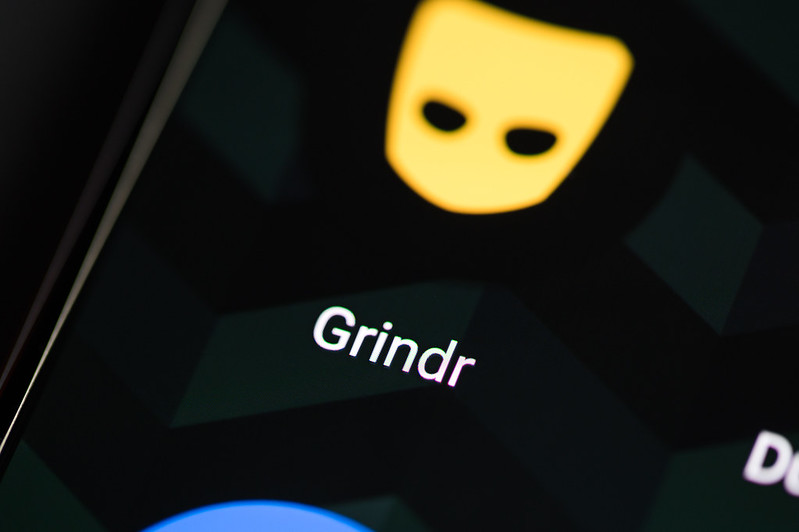 APPS
APPS
 APPS
APPS
 APPS
APPS
A senior Catholic priest has resigned after it was alleged that he was using the gay dating app Grindr, but the question now is how supposedly encrypted data got into someone’s hands.
The Reverend Monsignor Jeffrey Burrill was the former general secretary of the U.S. Conference of Catholic Bishops, a position USCCB says he no longer holds “in order to avoid becoming a distraction to the operations and ongoing work of the conference.”
How the data was obtained is still a mystery, but it seems it was sold to a broker and passed on to the Catholic news website, The Pillar. It said that the data was “commercially available” and showed use of the Grindr app as well as visits to gay bars.
“A mobile device correlated to Burrill emitted app data signals from the location-based hookup app Grindr on a near-daily basis during parts of 2018, 2019, and 2020 — at both his USCCB office and his USCCB-owned residence, as well as during USCCB meetings and events in other cities,” said the Pillar.
None of this is of course transgressive in the normal sense, except maybe if you work for the Catholic Church. Sexual relations are verboten for priests, while a priest using such an app could be said to be scandalous in the church milieu.
“Priests should obviously keep their promises of celibacy,” tweeted Reverend James Martin, a priest, and advocate for LGBTQ inclusion in the Catholic Church. “But Catholic journalists should not use immoral means to spy on priests. Because what comes next?” He likened the report to “witch hunts,” saying they had no part in the Catholic Church. Not everyone took this view, some calling Burrill a sinner.
How the data fell into someone’s hands is another issue, because that data should have been protected by the app’s encryption. Grindr told the BBC that the report was “homophobic and full of unsubstantiated innuendo,” adding that what was reported was from a technical “incredibly unlikely to occur.” Grindr is no stranger to privacy scandals, having been fined large amounts of money in the past for selling information about its users.
The Pillar shot back said it came to the conclusion that reporting on the priest’s alleged activities was in the public interest. Nonetheless, the bigger issue is companies selling the personal data of their users to brokers, data which should be anonymous, but it seems there are always ways to de-anonymize it. That’s why so many people right now are calling for new privacy regulations on what companies do with our personal information.
Support our open free content by sharing and engaging with our content and community.
Where Technology Leaders Connect, Share Intelligence & Create Opportunities
SiliconANGLE Media is a recognized leader in digital media innovation serving innovative audiences and brands, bringing together cutting-edge technology, influential content, strategic insights and real-time audience engagement. As the parent company of SiliconANGLE, theCUBE Network, theCUBE Research, CUBE365, theCUBE AI and theCUBE SuperStudios — such as those established in Silicon Valley and the New York Stock Exchange (NYSE) — SiliconANGLE Media operates at the intersection of media, technology, and AI. .
Founded by tech visionaries John Furrier and Dave Vellante, SiliconANGLE Media has built a powerful ecosystem of industry-leading digital media brands, with a reach of 15+ million elite tech professionals. The company’s new, proprietary theCUBE AI Video cloud is breaking ground in audience interaction, leveraging theCUBEai.com neural network to help technology companies make data-driven decisions and stay at the forefront of industry conversations.